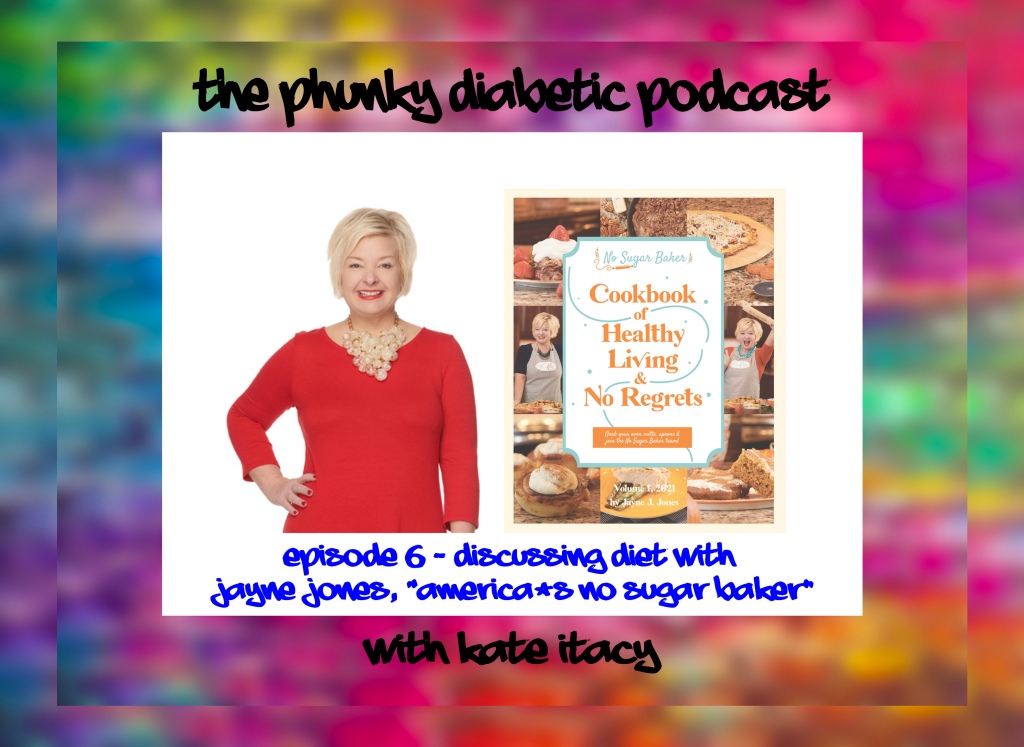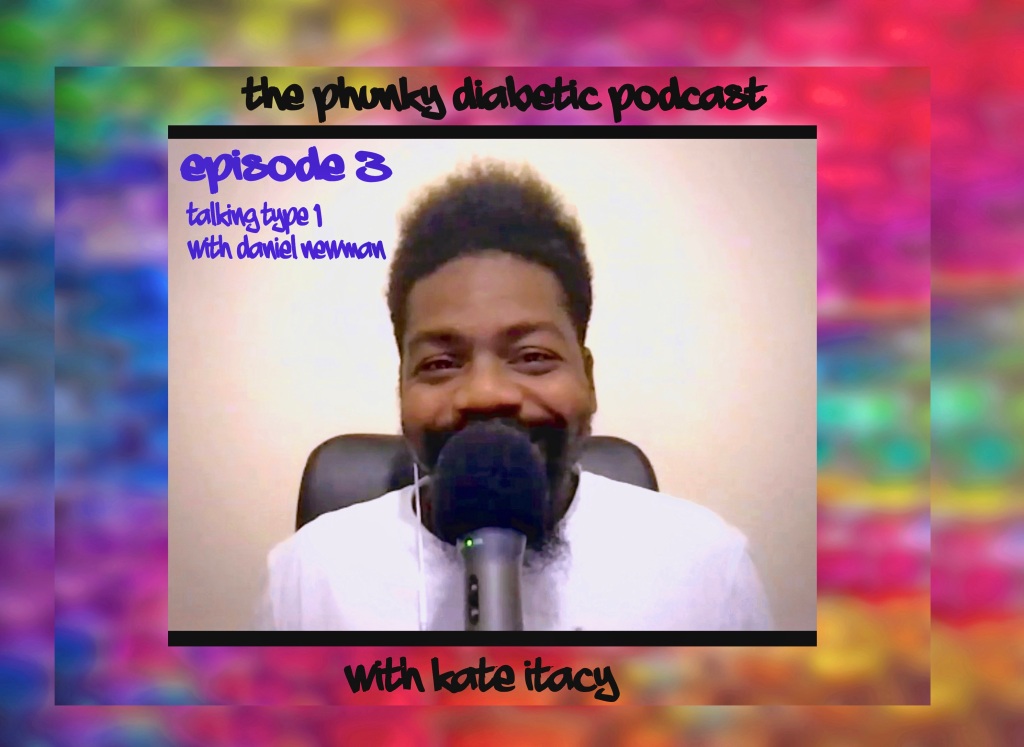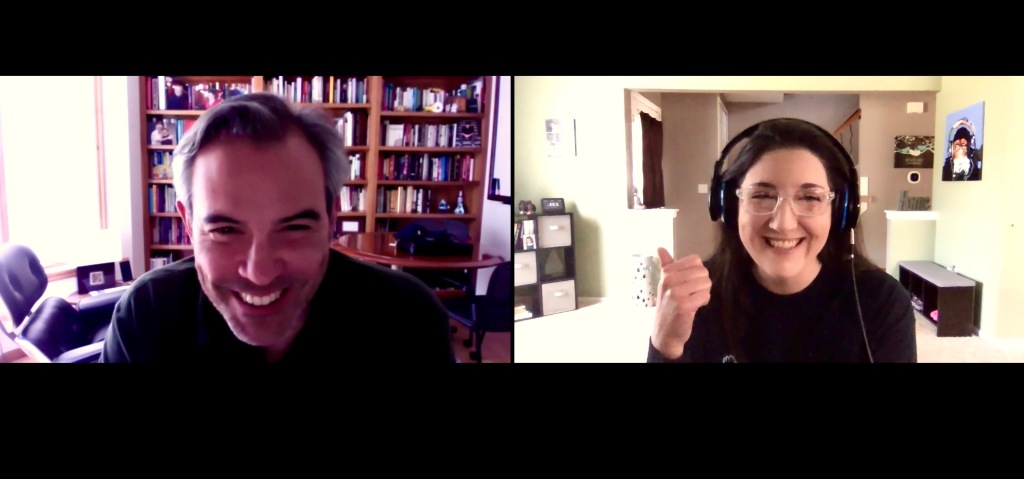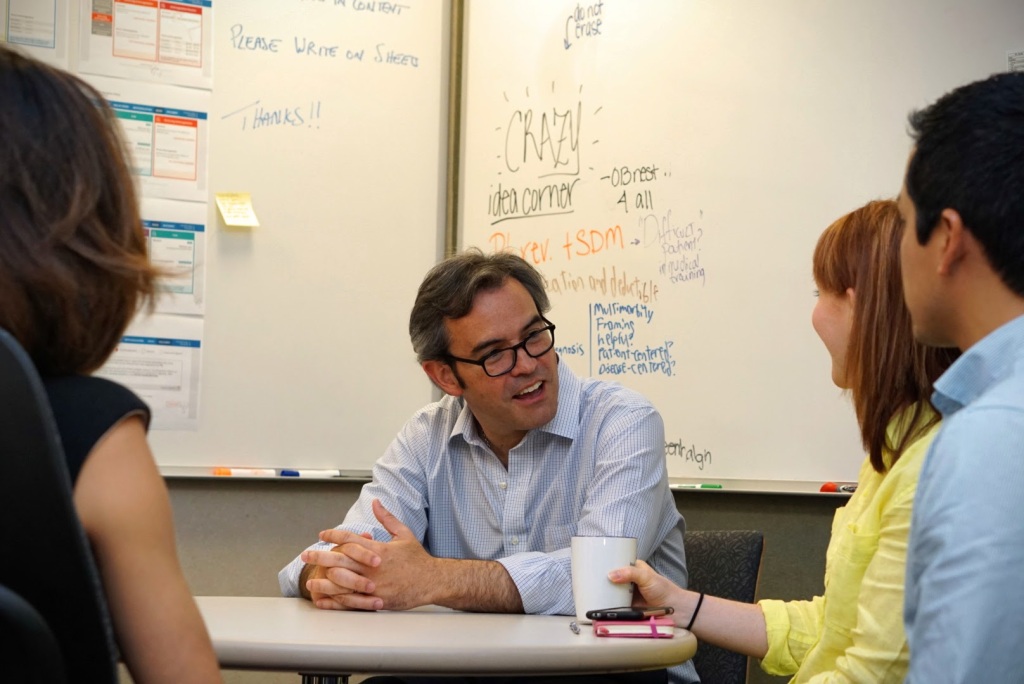
Happy June, all!
Today’s podcast episode features Florida attorney, author, cook, and (relatively newly diagnosed) type 2 diabetic, Jayne Jones, “America’s No Sugar Baker.”
Ms. Jones recently released a cookbook entitled The No Sugar Baker’s Cookbook of Healthy Living & No Regrets (available now on Amazon).
In the episode, Ms. Jones and I discuss her type 2 diagnosis in 2019, her motivations behind starting her food blog, No Sugar Baker, and publishing a cookbook, and her hopes for the diabetic community.
I hope you enjoy the episode and stay tuned for new ones coming soon!
***DISCLAIMER: As Ms. Jones and I both mention during the episode, neither of us are medical professionals (we’re both attorneys) and we both recognize that diets and nutrition needs/limitations are highly individualized. Personally, I do not prescribe to or endorse a high fat, almost nonexistent carb diet, especially for type 1 diabetics, but again, I’m not a doctor or a registered dietitian nutritionist (RDN). Ms. Jones created a diet that seems to be working for her in terms of weight loss and blood sugar control as a type 2 diabetic, but as she notes, she did not rely on any specific medical or nutritional resources before creating it.
For these reasons, while I did find the recipes I tried from the cookbook particularly tasty, I want to make absolutely clear that I am in no way endorsing or recommending that anyone abide by Ms. Jones’ dietary lifestyle. If you or anyone you love is considering prescribing to such a diet, I’d strongly suggest you first discuss the matter with a medical professional.
Lastly, Ms. Jones makes a claim during the episode that the American Diabetes Association advises diabetics to eat fifty grams of carbohydrates per meal. I do not know where she’s getting that information from, but from what I found on the ADA website, their Nutrition Consensus Report recognizes that there are a variety of healthy eating patterns available to diabetics, including, but not limited to a lower-carb diet. According to the ADA’s “Diabetes Plate Method,” you’d be creating balanced, portioned meals of vegetables, protein, and carbs by trying to limit your intake of carbs to one quarter of a plate no larger than nine inches across.
Again, what’s most important is that you discuss your intended eating patterns with a medical professional (ideally, with a RDN) in order to determine what makes the most sense for your health, your treatment goals, and your body.
All my best,
Kate



You must be logged in to post a comment.